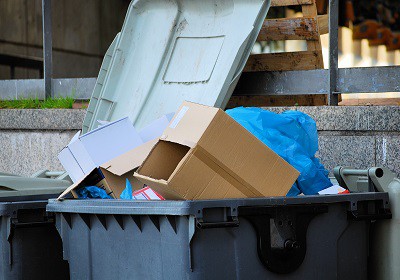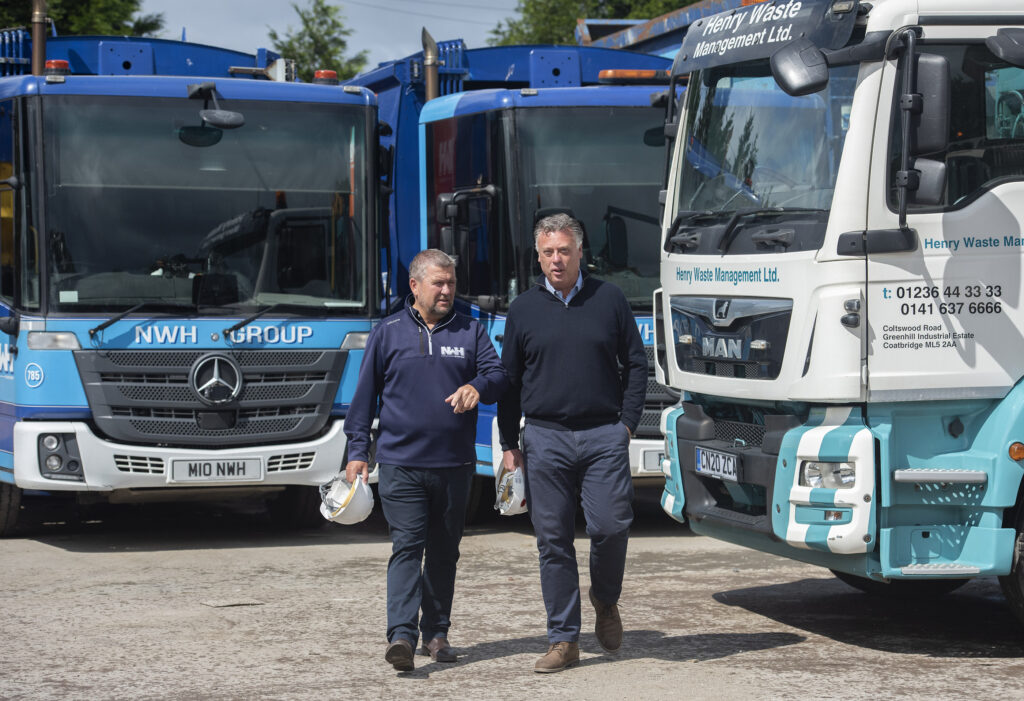The document provides guidance for those who produce, carry, keep, dispose of, treat, import or have control of controlled waste on how they must fulfil a legal obligation (Duty of Care) to take all reasonable steps to keep it safe, as set out in the Environmental Protection Act 1990. Controlled waste includes waste from households, businesses and industry.

The 13-page document is part of the Department for Environment, Food & Rural Affairs and the Welsh Governments’ efforts to make guidance ‘smarter’, meaning that it is shorter than previous guidance, with any duplication and best practice examples removed.
The revision was also carried out to take account of changes to legislation and policy since the first Code of Practice was launched in 1996, including the introduction of the five-stage legally-binding Waste Hierarchy and the emergence of the Electronic Duty of Care system for producing waste transfer notes electronically.
Requirements
Requirements set out in the guidance include taking all reasonable steps in the circumstances to: prevent unauthorised or harmful deposit, treatment or disposal of waste; prevent a breach by any other person to meet the requirement to have an environmental permit, or a breach of a permit condition; prevent the escape of waste; ensure that any person to whom waste is transferred has the correct authorisation; and, provide an accurate description of the waste when it is transferred to another person.
Importantly, the description fo the waste must include, among other details, the waste classification, SIC code, quantity of waste and time and place of transfer, in addition to a statement confirming the application of the waste hierarchy.
The guidance also highlights how, when transferring waste to another waste holder, operators still have a responsibility to take all reasonable steps to ensure that the waste is managed correctly throughout its complete journey to disposal or recovery.
‘Practical’
Writing in a letter to consultees, Defra’s waste regulation and crime team said: “The purpose of the Code of Practice is to give simple, clear and practical guidance on what those who import, produce, carry, keep, treat or dispose of controlled waste have to do to fulfil their legal duty of care obligations. The current Code of Practice does not reflect a number of important legislative changes relating to the duty of care that have been introduced since its publication in 1996.”
The letter concludes: “Through this consultation, we invite your views and comments on whether the revised duty of care Code of Practice offers clear fit for purpose and practical guidance to holders of waste.”
The consultation runs until Monday, 21 September 2015.








Subscribe for free